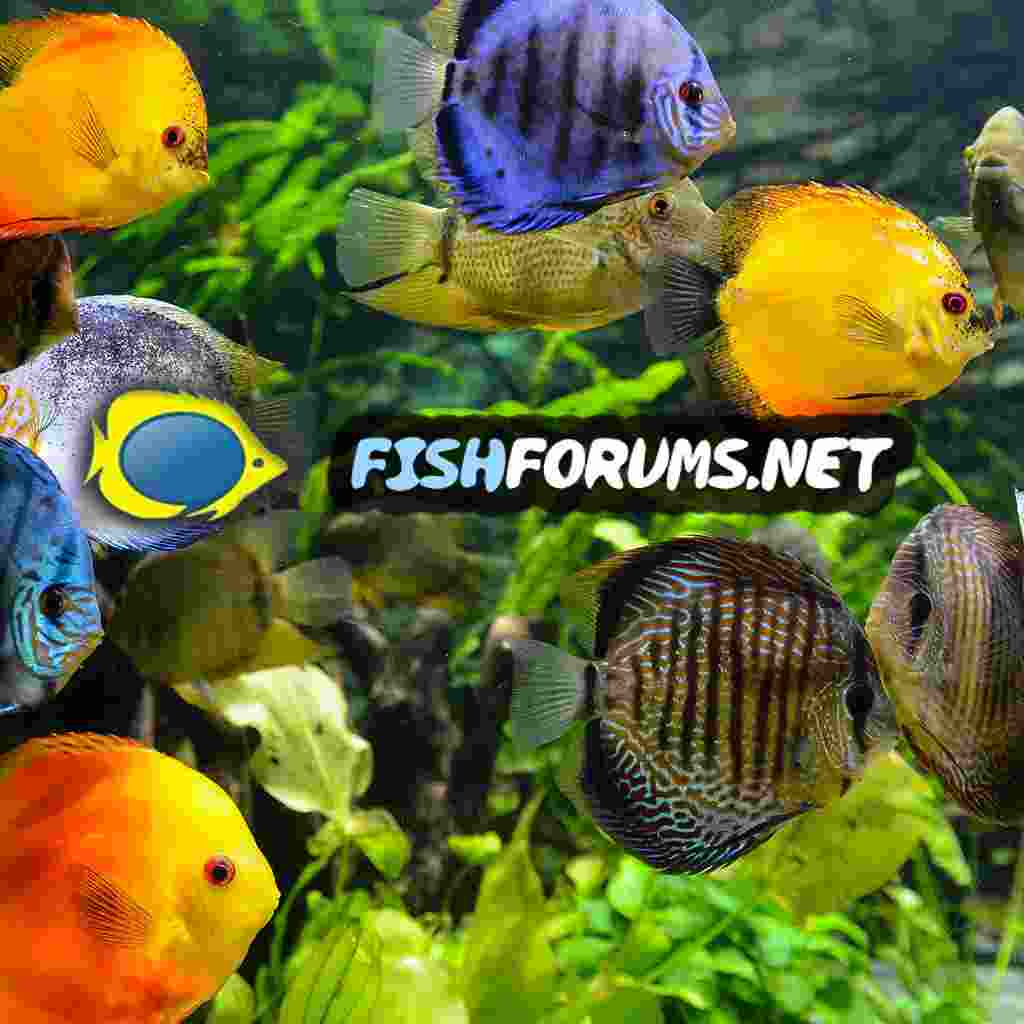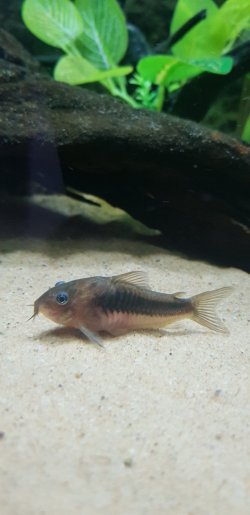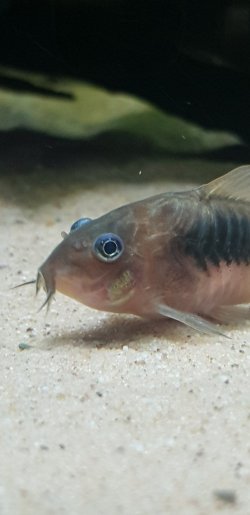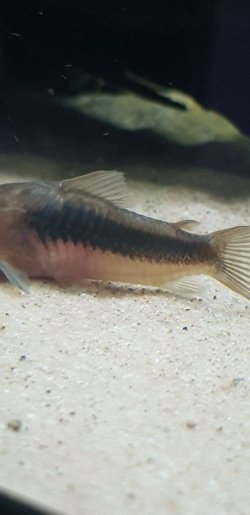Corydoras do not handle salt well tbh. And unlike medications, it's not as easy to get it out of the water after treatment is done, traces still stay. Carbon can remove meds, but not salt.
I wholeheartedly disagree with salt being used for catfish at all. There is a lot of evidence it does more harm than help, and even the folks over on seriouslyfish disagree with the use of salt with cories and plecos.
I respect Colin and his experience, but I heavily disagree with the use of salt with corydoras.
You can get rid of salt by doing water changes, just like you get rid of chemical medications by doing water changes.
How many people on Seriouslyfish have worked with sick fish on a daily basis for 20 years? Probably none.
How many people on Seriouslyfish have more than 10 years fish keeping experience?
How many have worked in quarantine facilities and pet shops helping customers keep fish alive?
I don't normally like saying this, but I have more fish keeping experience in my little finger than most people put together. There are a handful of people that I consider to have as much knowledge as me when it comes to fish keeping and many of them don't have the same experiences with fish diseases I have had. You might question my methods about salt, but they are proven and safe.
---------------------
I would rather swim in the ocean with salt water and even drink some salt water than swim in a pool with any fish medication.
Malachite Green is commonly used to treat white spot and other external protozoan infections. It causes cancer. Salt doesn't, nor does heat. Both of which can be used to treat external protozoan infections in freshwater fishes.
Copper damages kidneys but is also used to treat white spot, velvet and other external protozoan infections.
Formaldehyde/ Formalin is found in most chemical fish medications and is a poison used to preserve things. They pickle dead animals and people with this stuff so they last forever. In low doses it kills disease organisms but it still damages the fish. Why do you think they have a warning label on it, do not let chemical come in contact with skin. Do not ingest, inhale or get in eyes. In case of contact, flush with water immediately and seek medical help. You're putting this poison in your tanks.
There are plenty of other chemicals used in fish tanks that are extremely poisonous to anything that ingests them and they all do some damage to the fish. Trichlorphon was used to treat fish with external parasites like anchorworm & gill flukes. It's been banned in lots of countries because it is extremely toxic.
---------------------
None of these chemicals are allowed to be used in aquaculture for food fish because they all leave residue in the fish and that can move up the food chain into the animals/ people that eat them. If health departments around the world say these chemicals are unsafe for people and animals to ingest, why you would expose your fish to them?
Yes, Salt can kill fish but it's a hell of a lot safer than anything sold as a chemical fish medication, and doesn't leave any poisonous residue behind. There are times when chemicals are needed, but for most issues, clean water and salt work just fine.
The dose rates I suggest have all been used by myself for over 40 years and I have never killed a fish with salt. How many people have killed fish by overdosing chemical medications?
Ask yourself, would you prefer to live in a tank with a bit of salt water, or would you rather live in a tank with toxic chemicals like Formaldehyde, Malachite Green and Copper sulphate?

 www.fishforums.net
www.fishforums.net
 www.fishforums.net
www.fishforums.net




